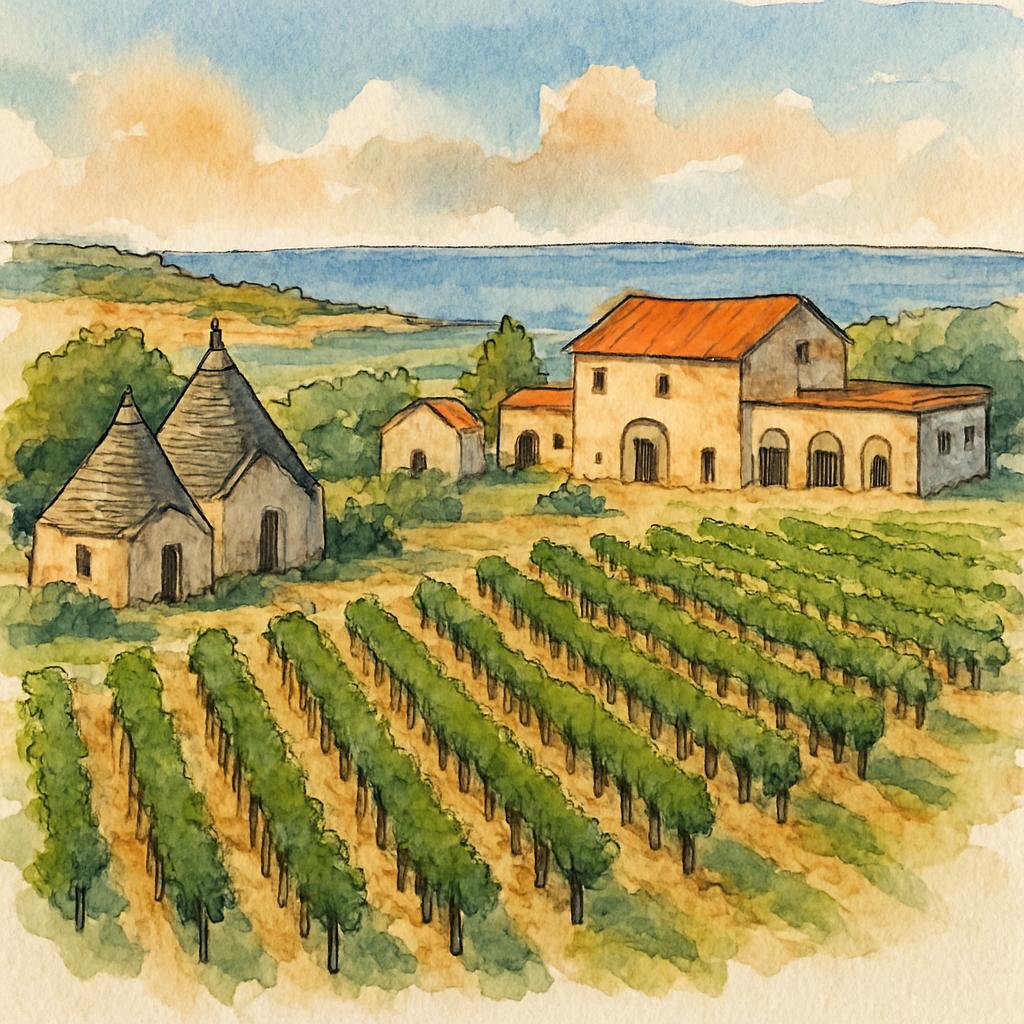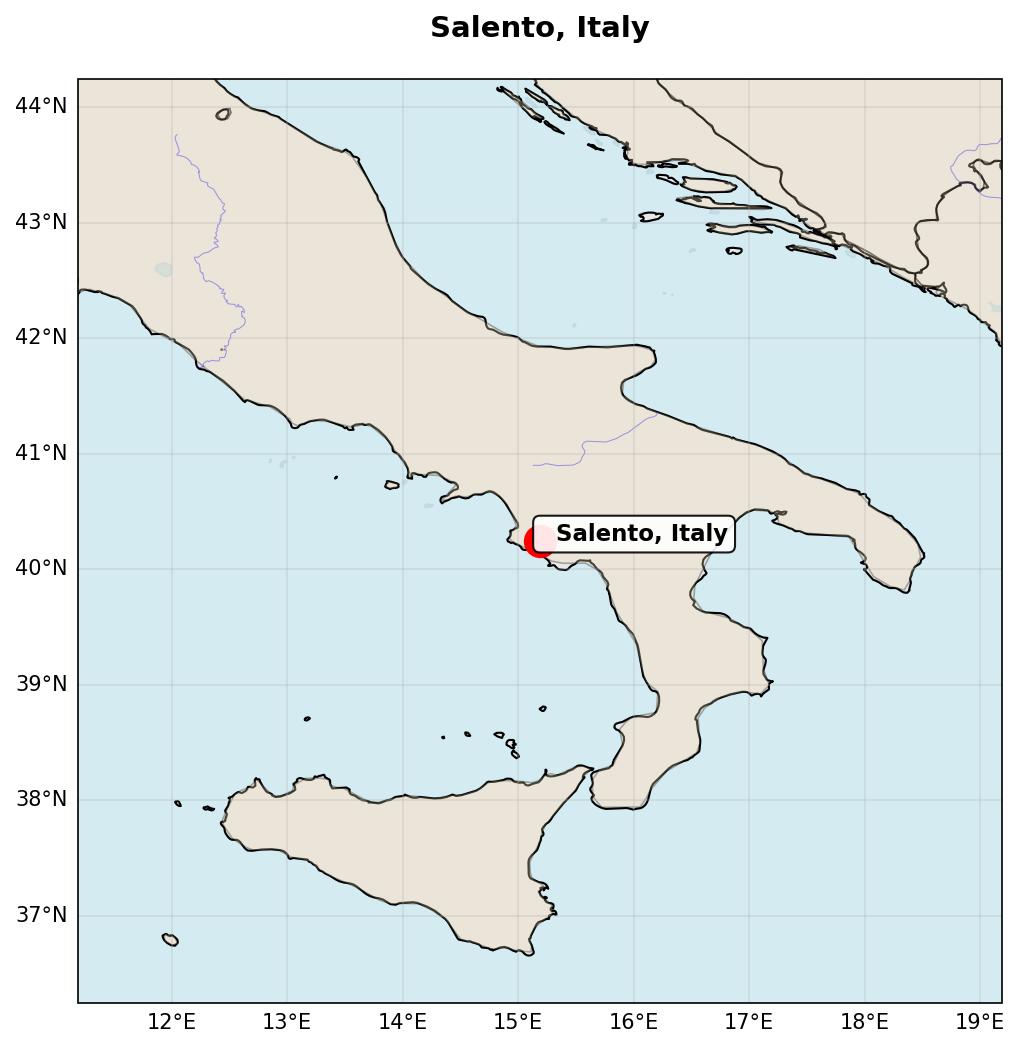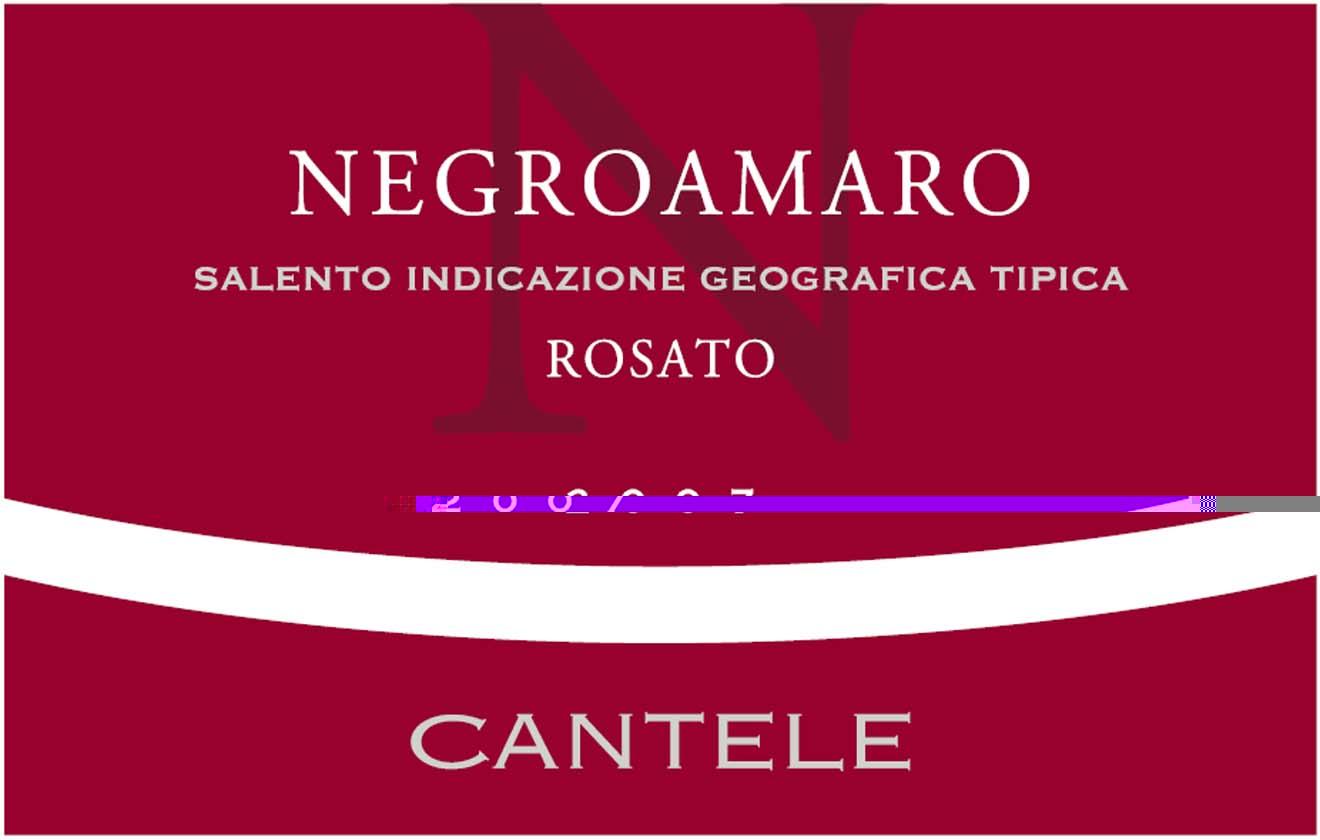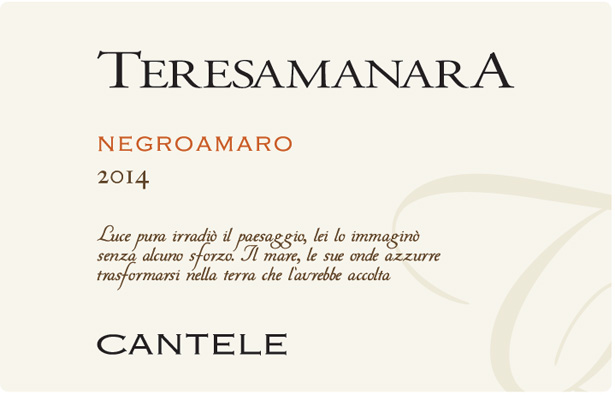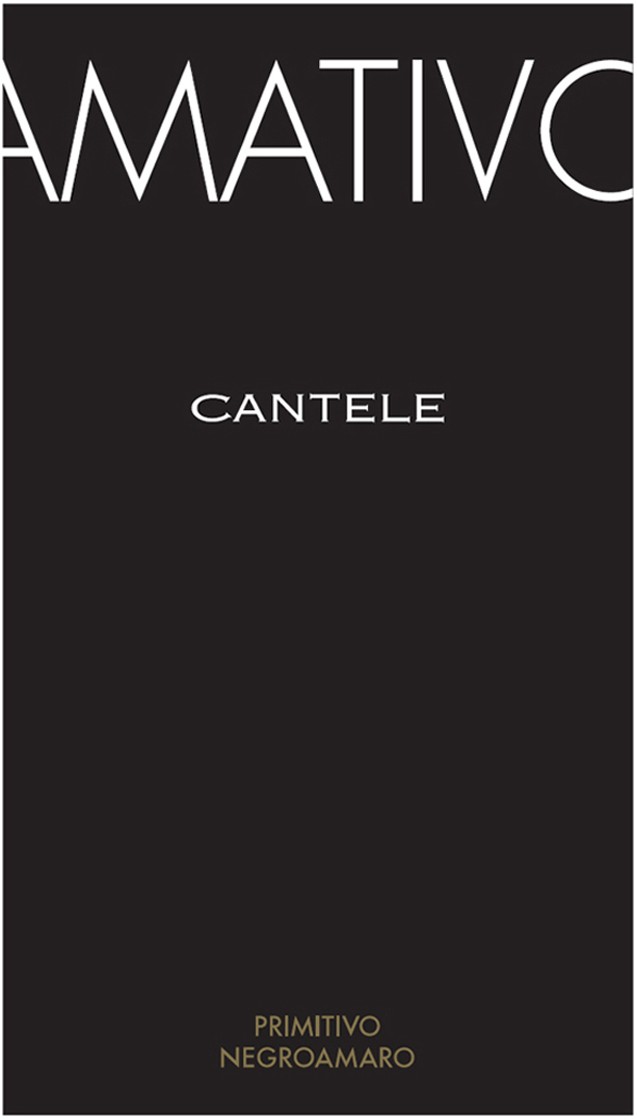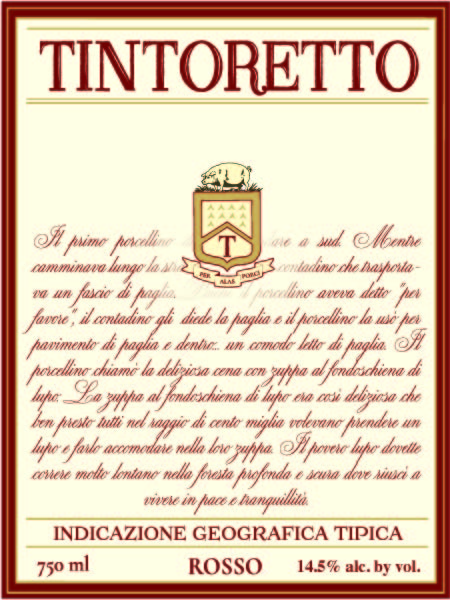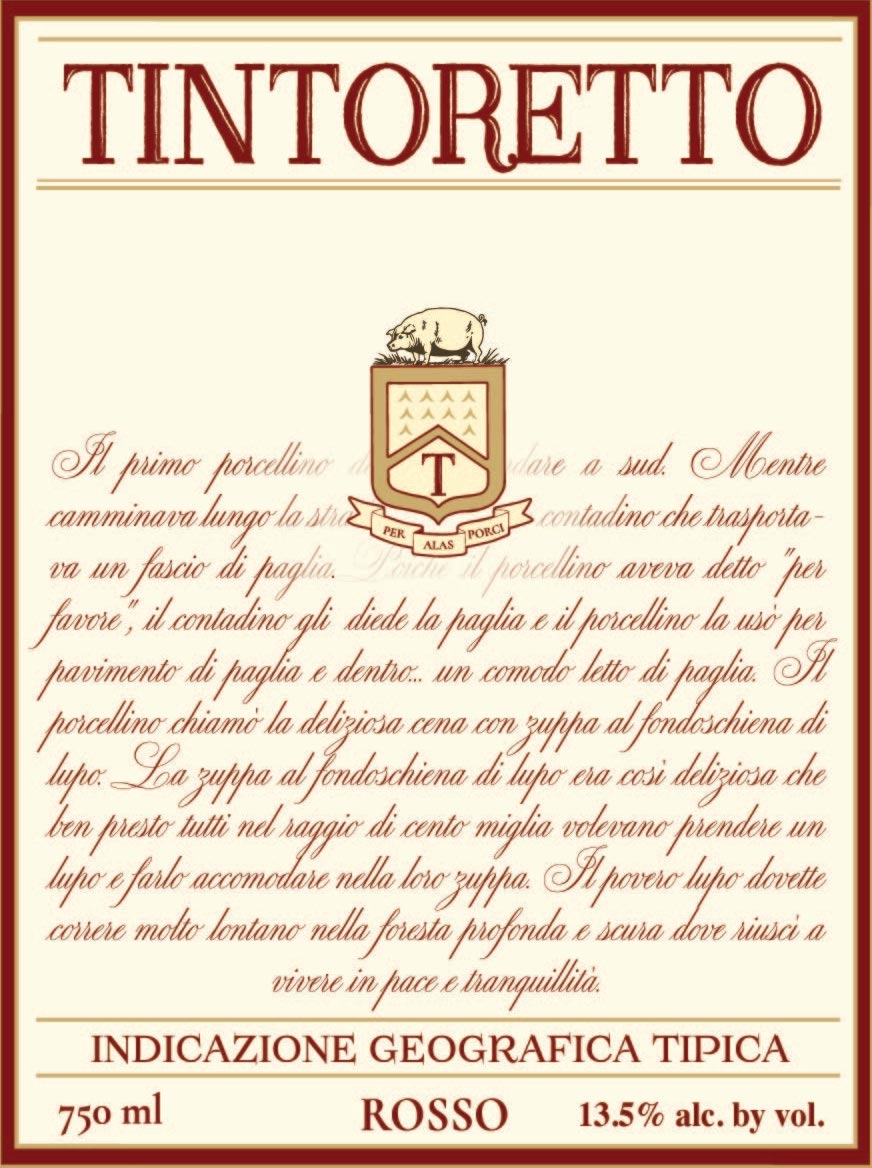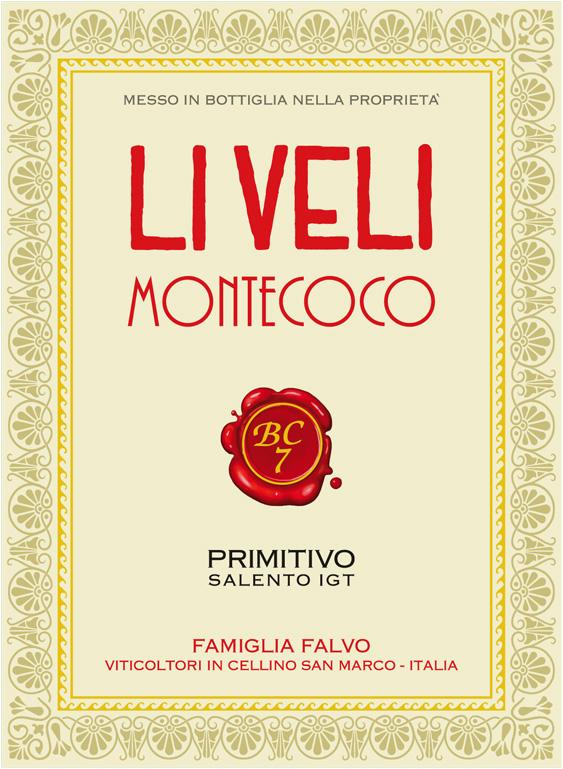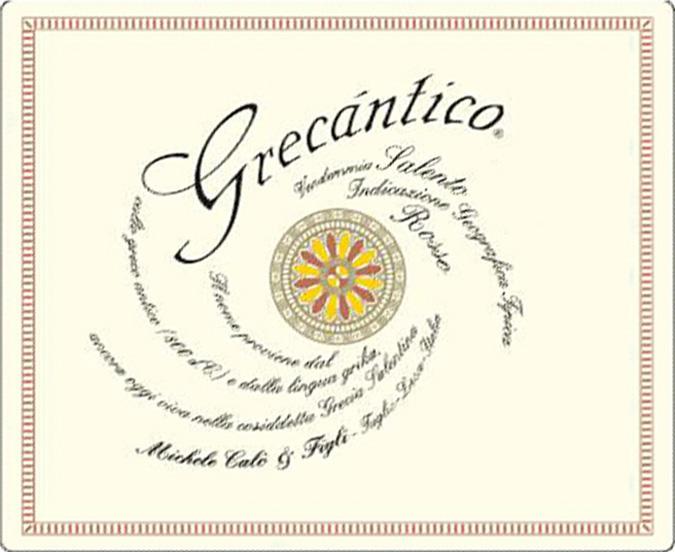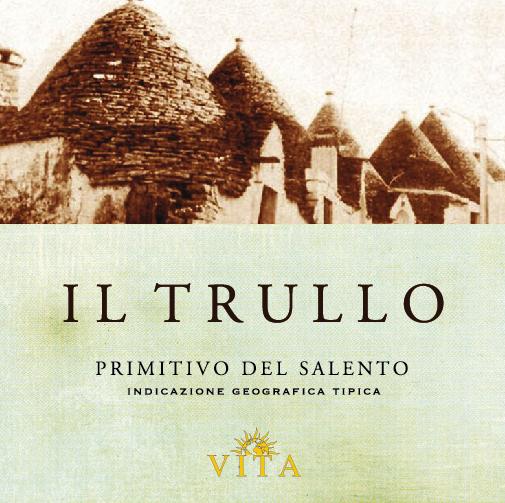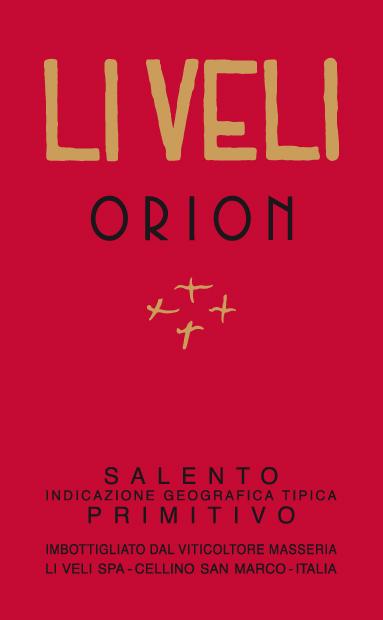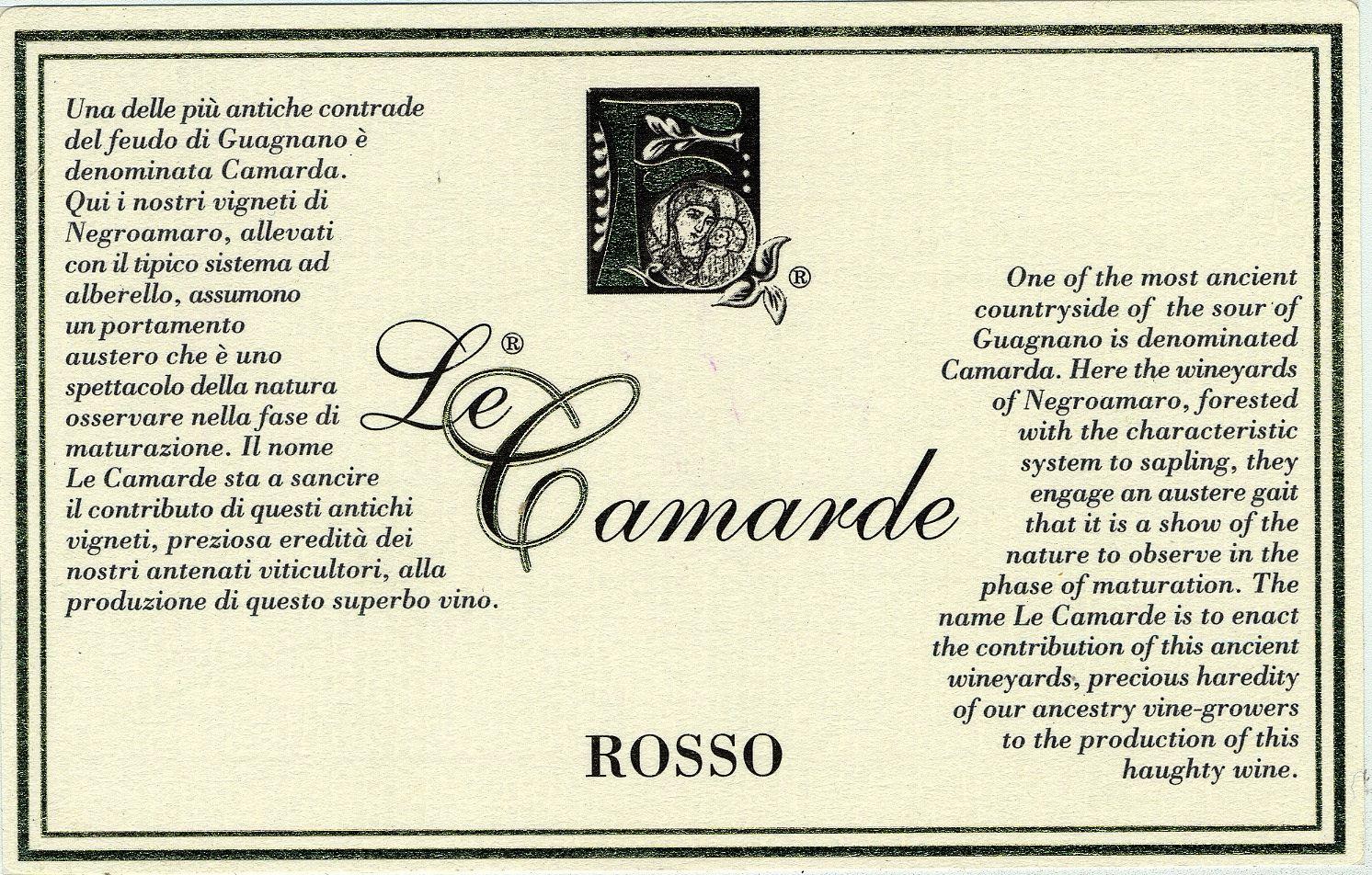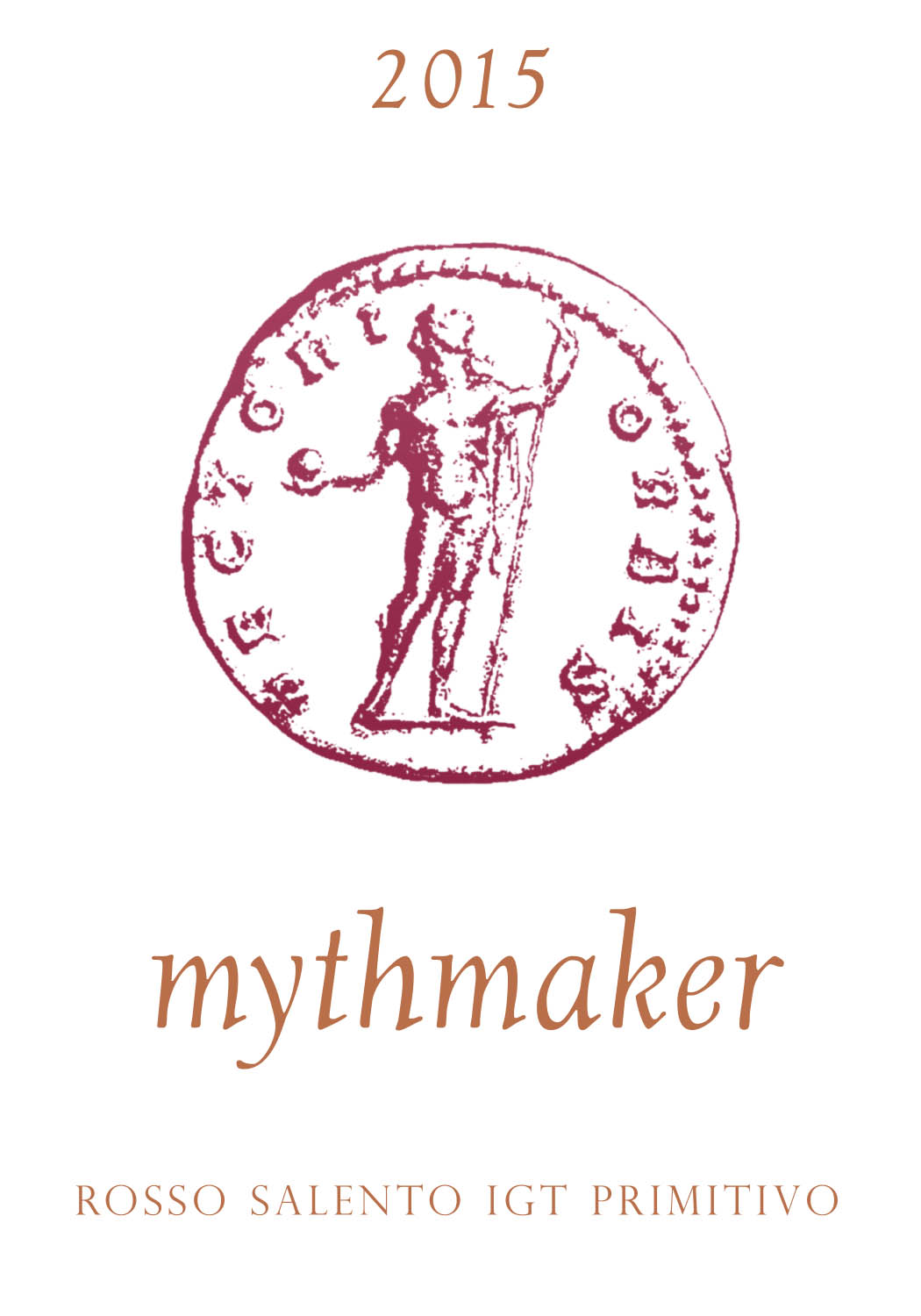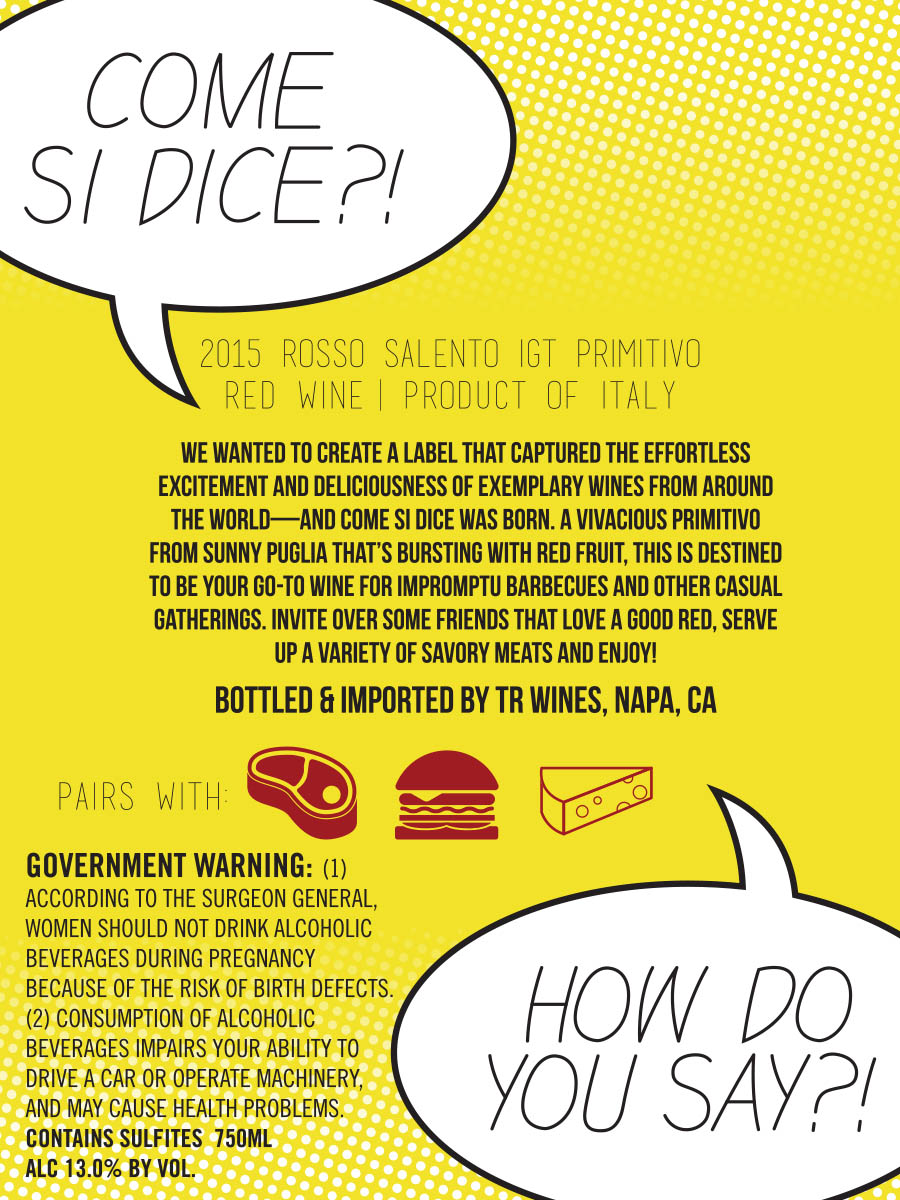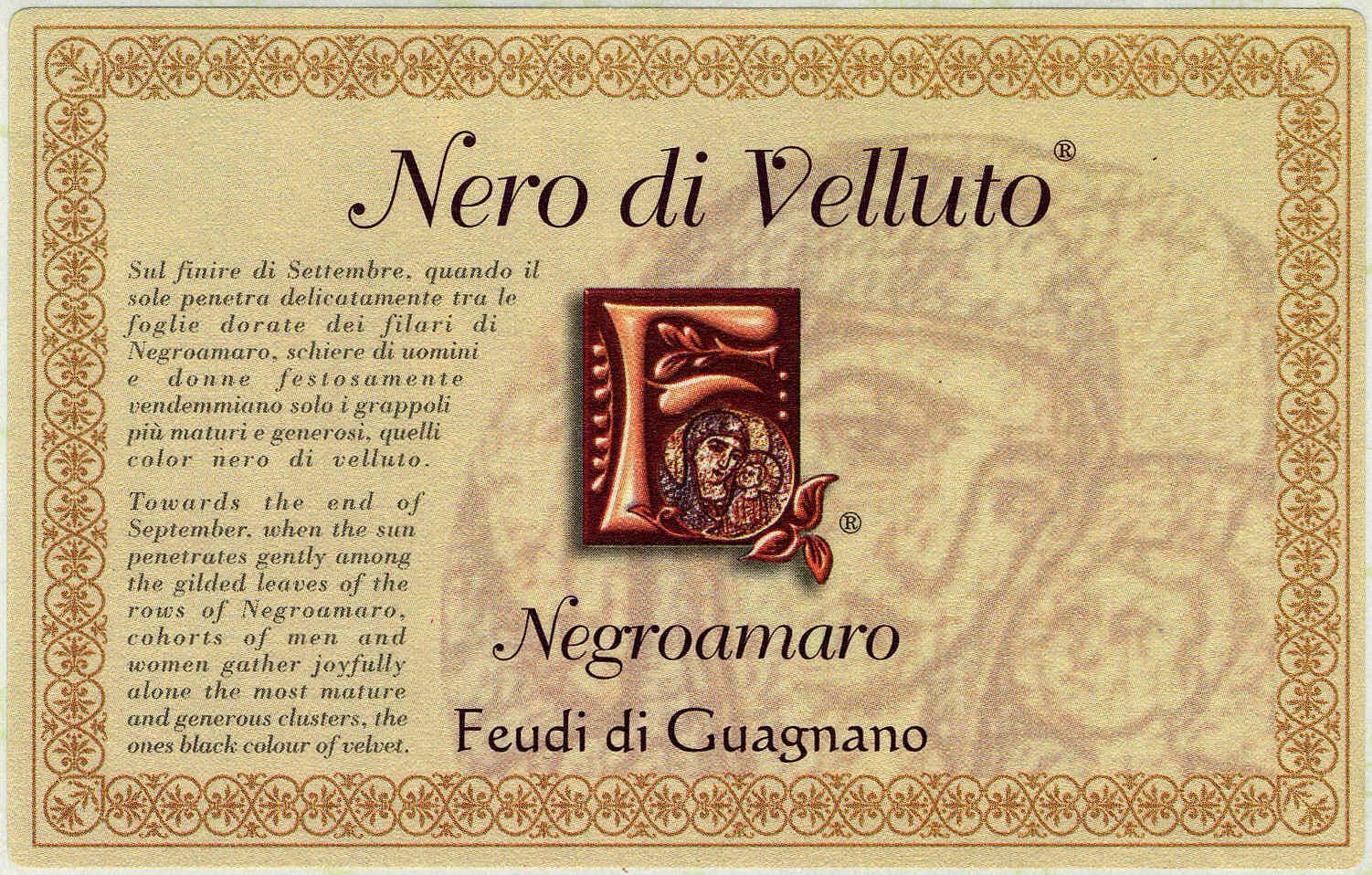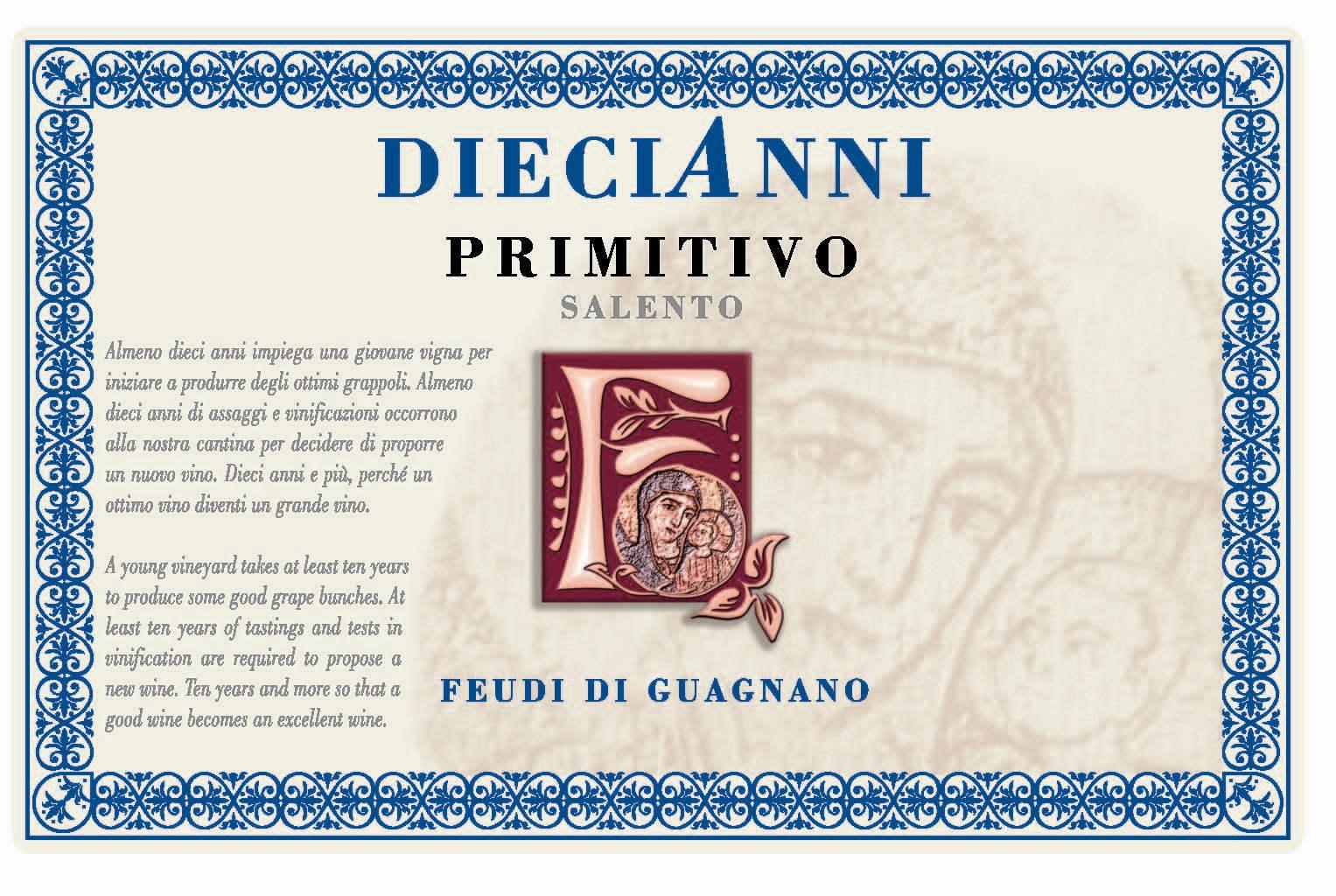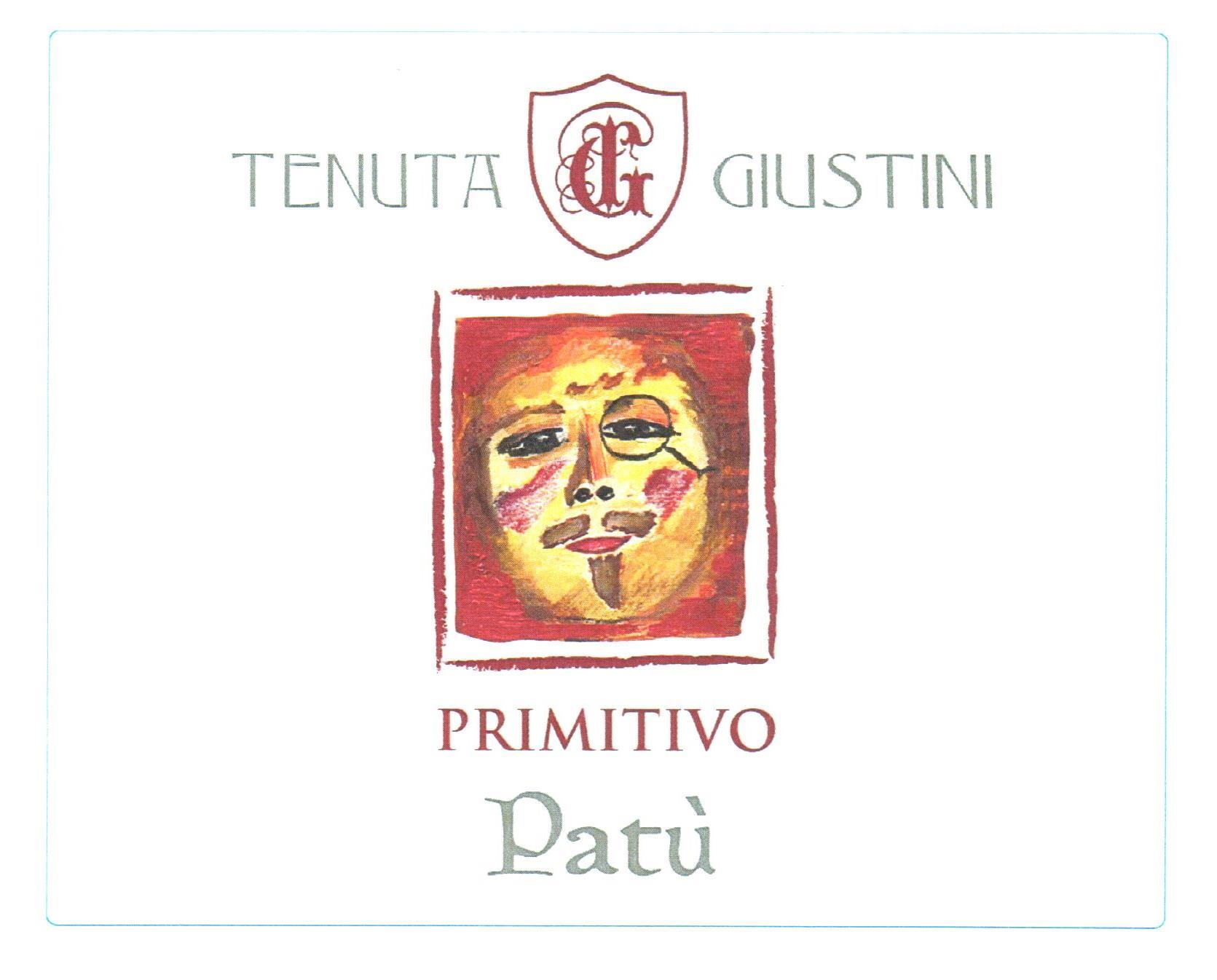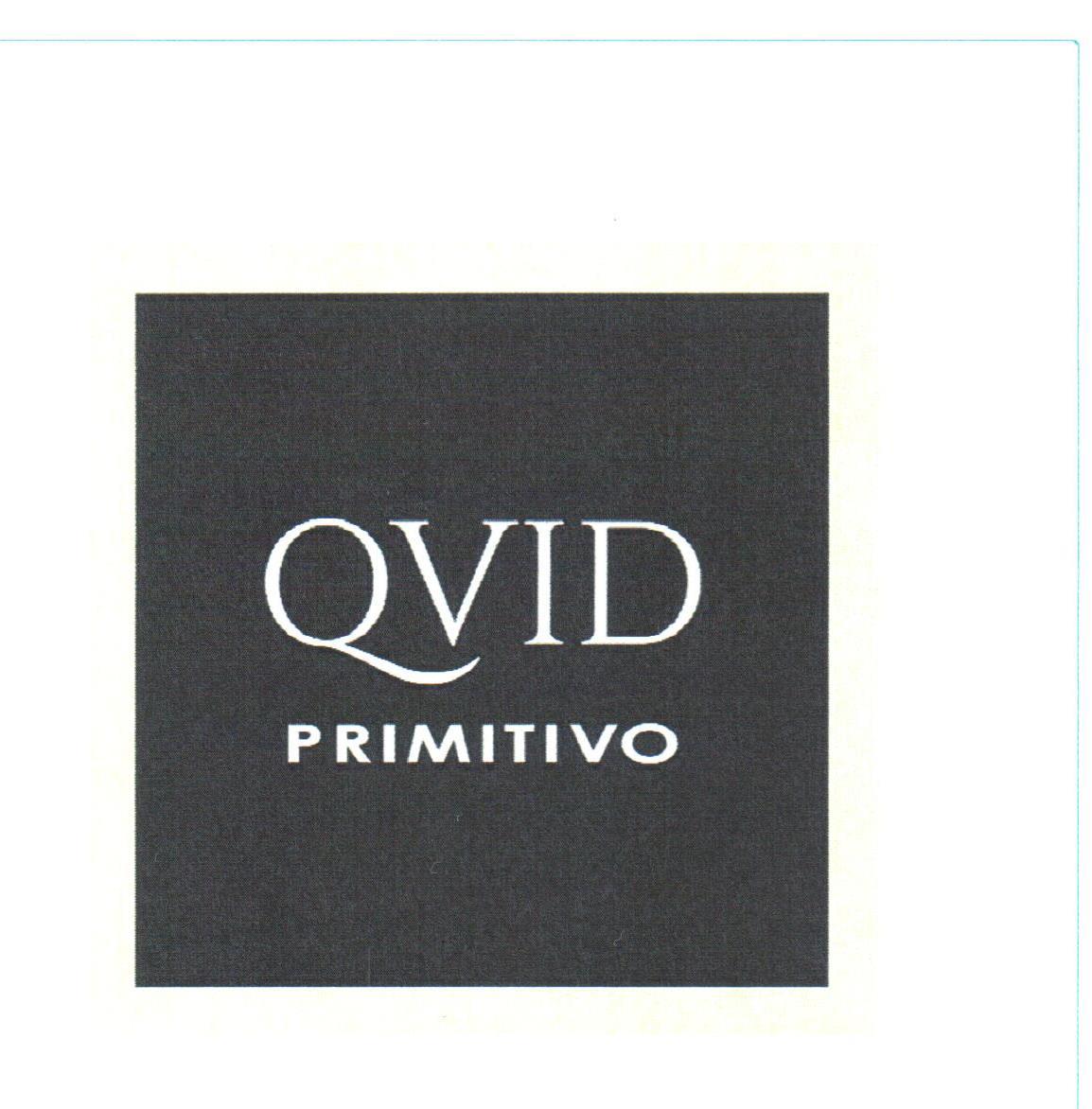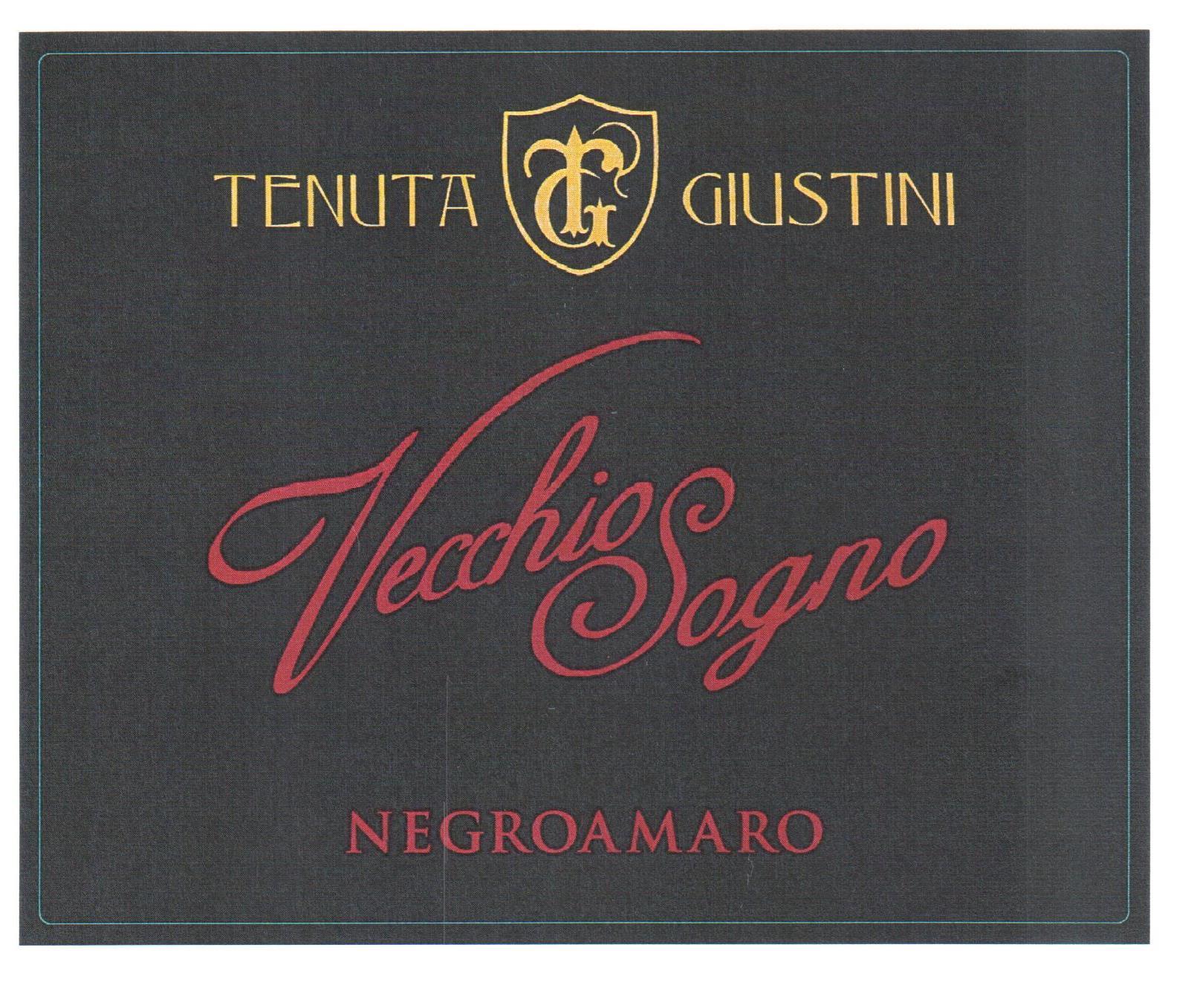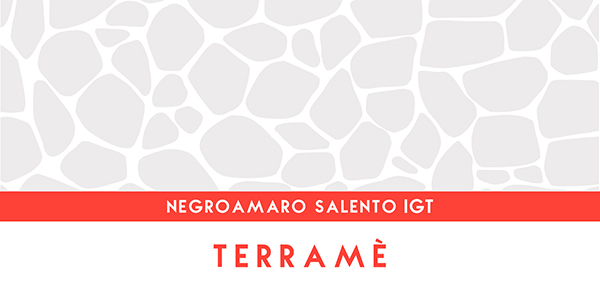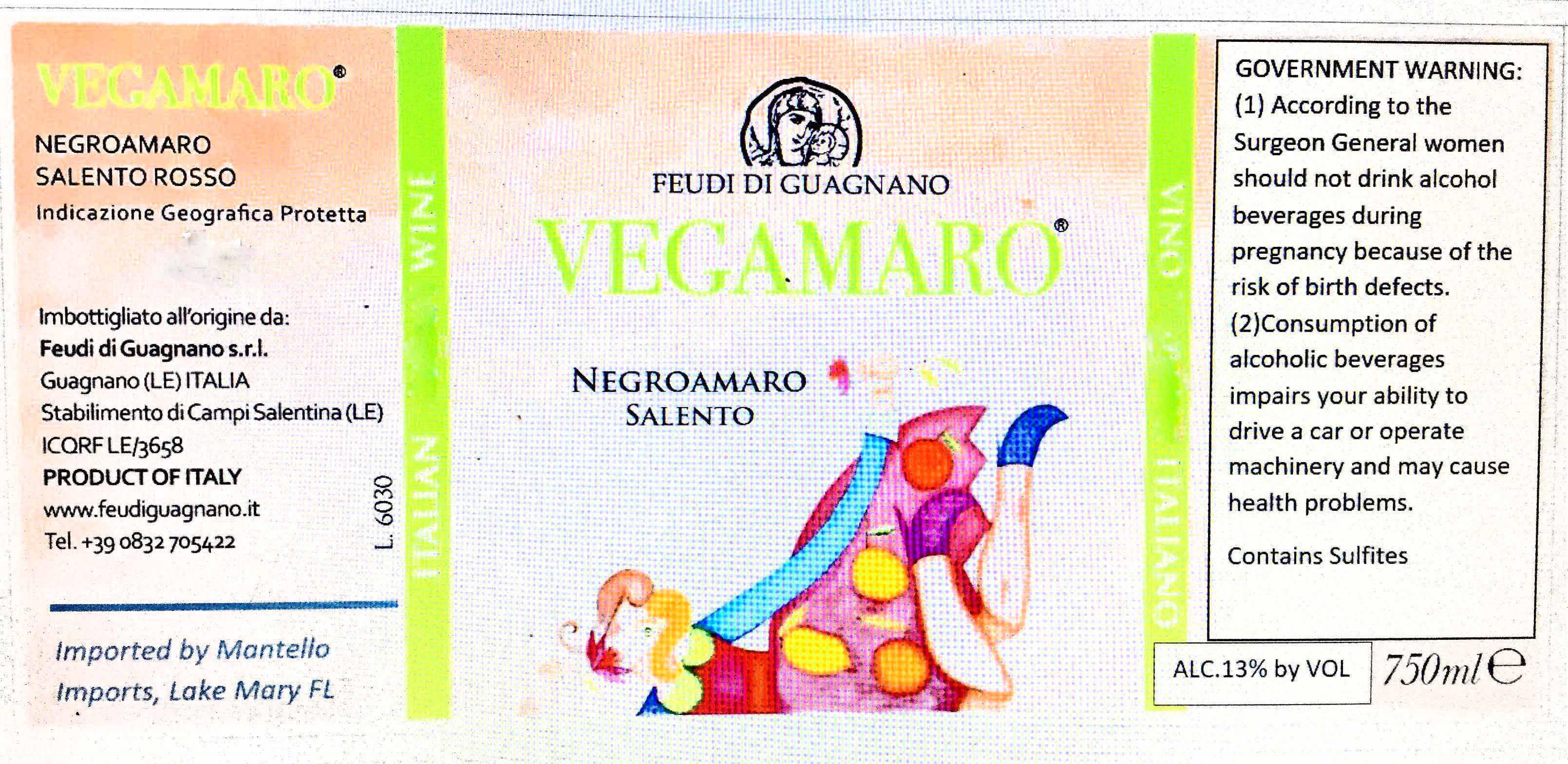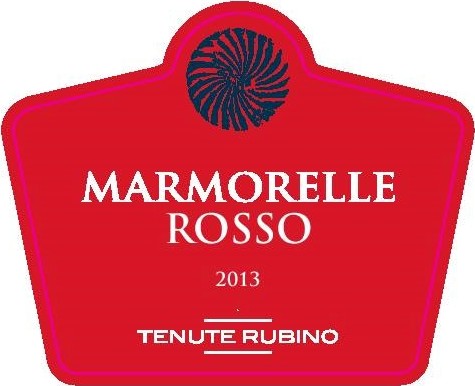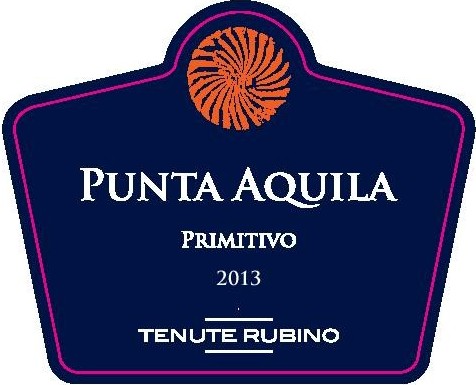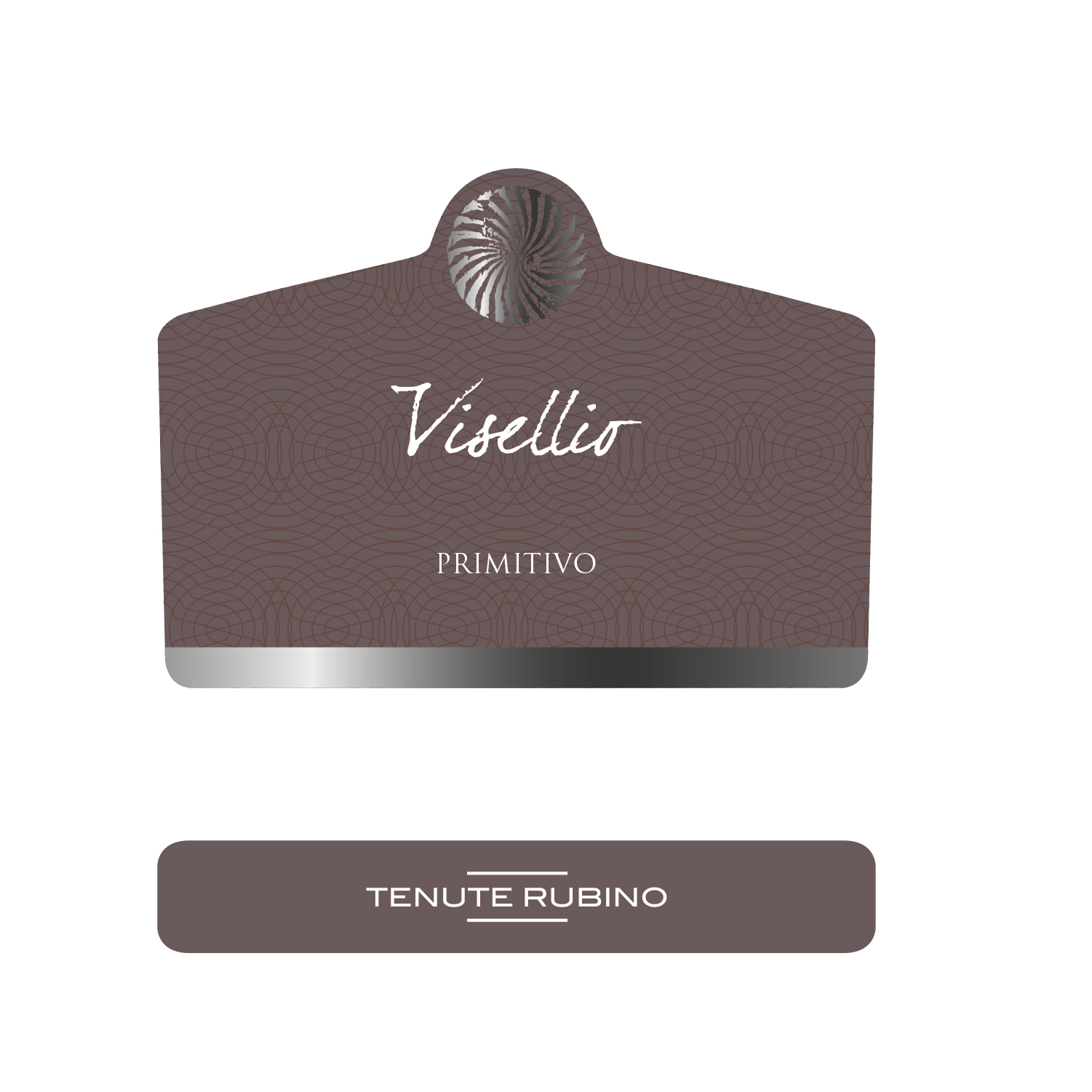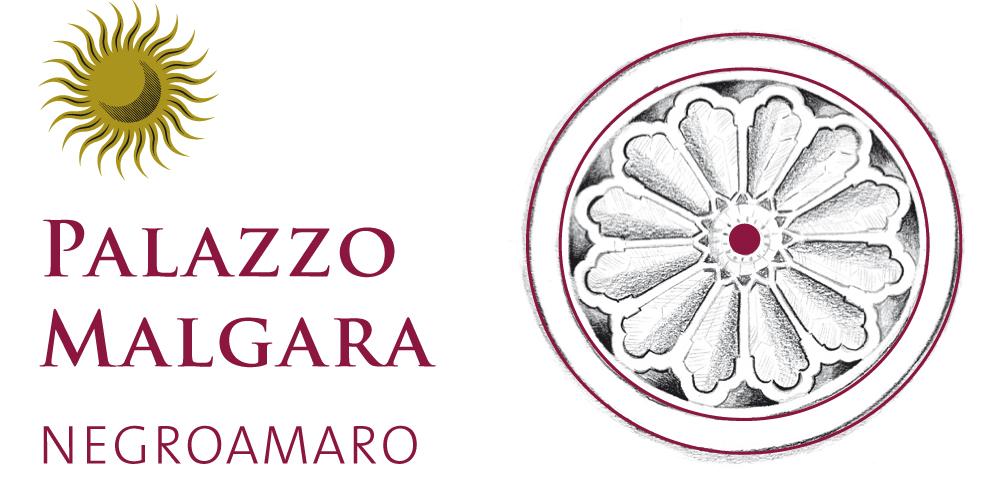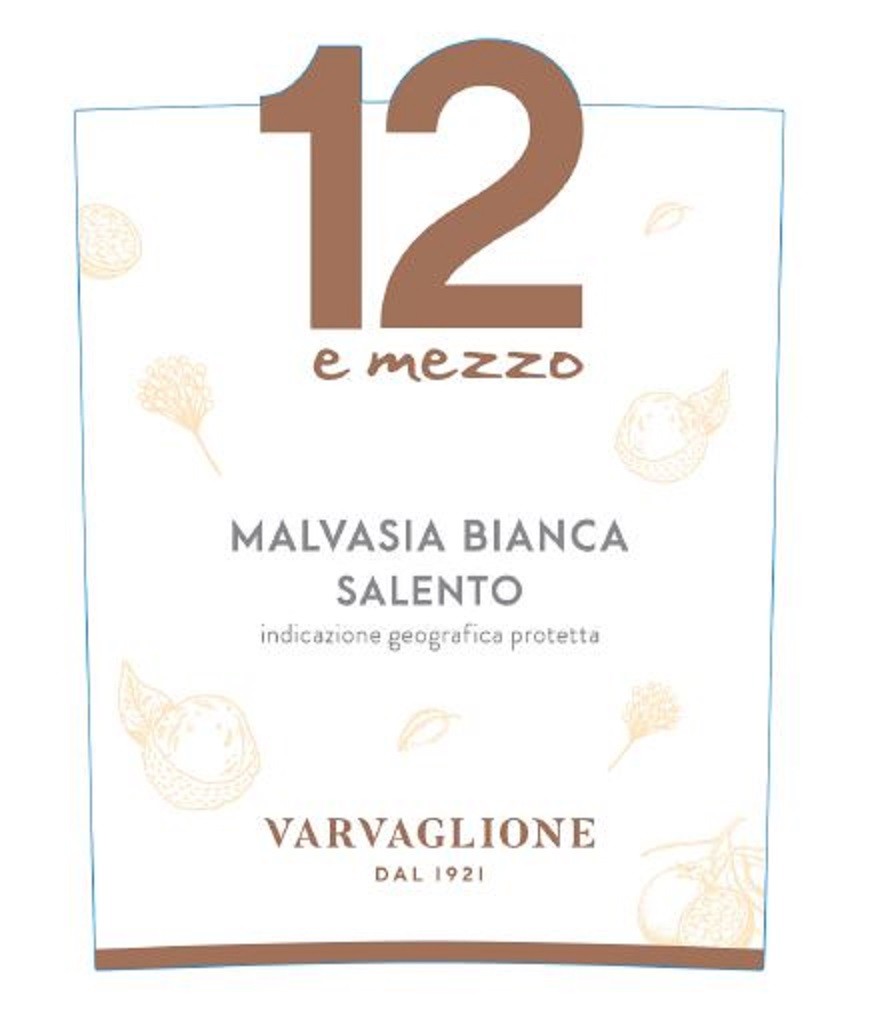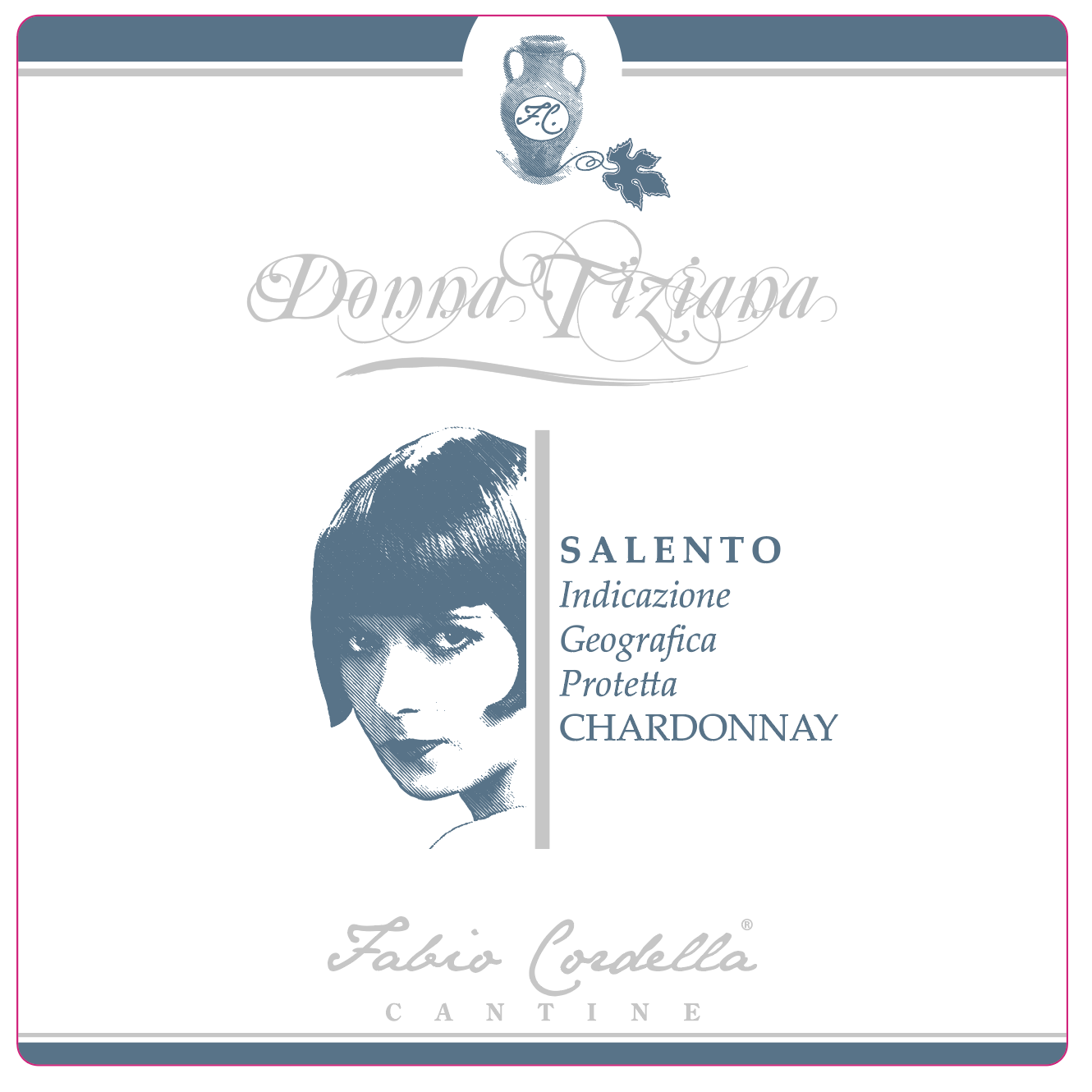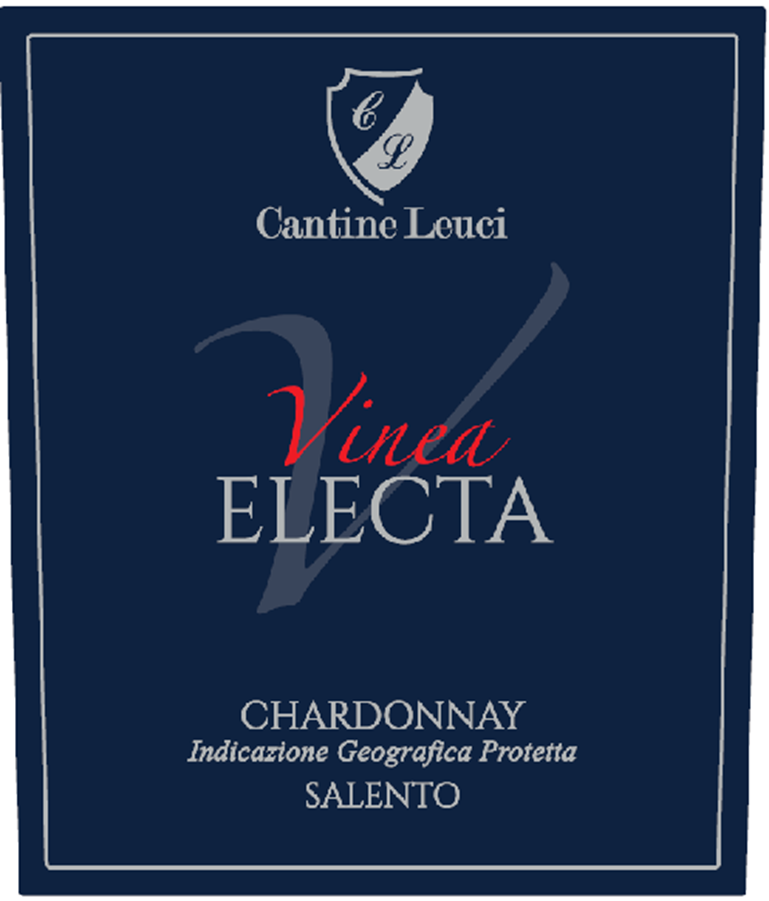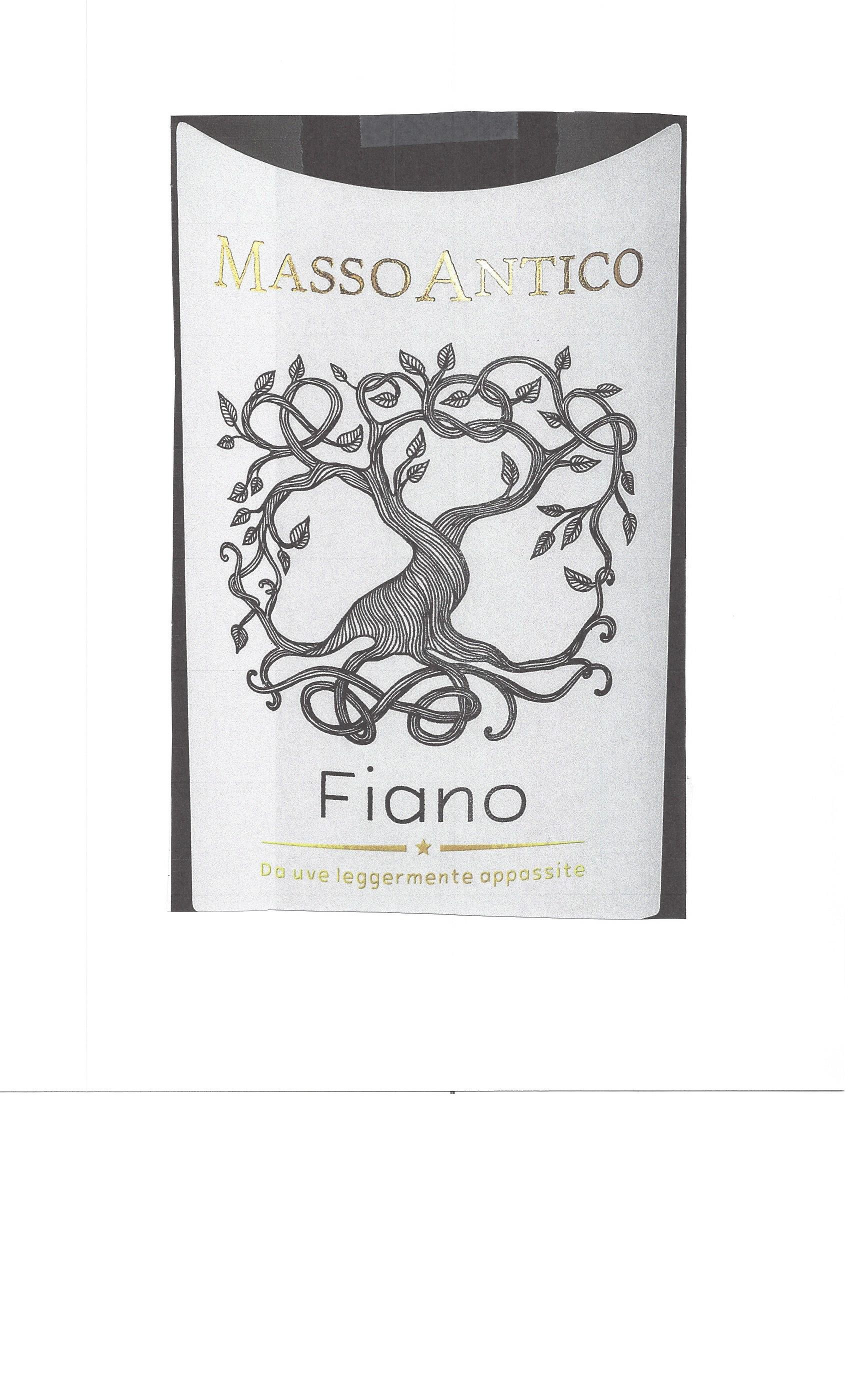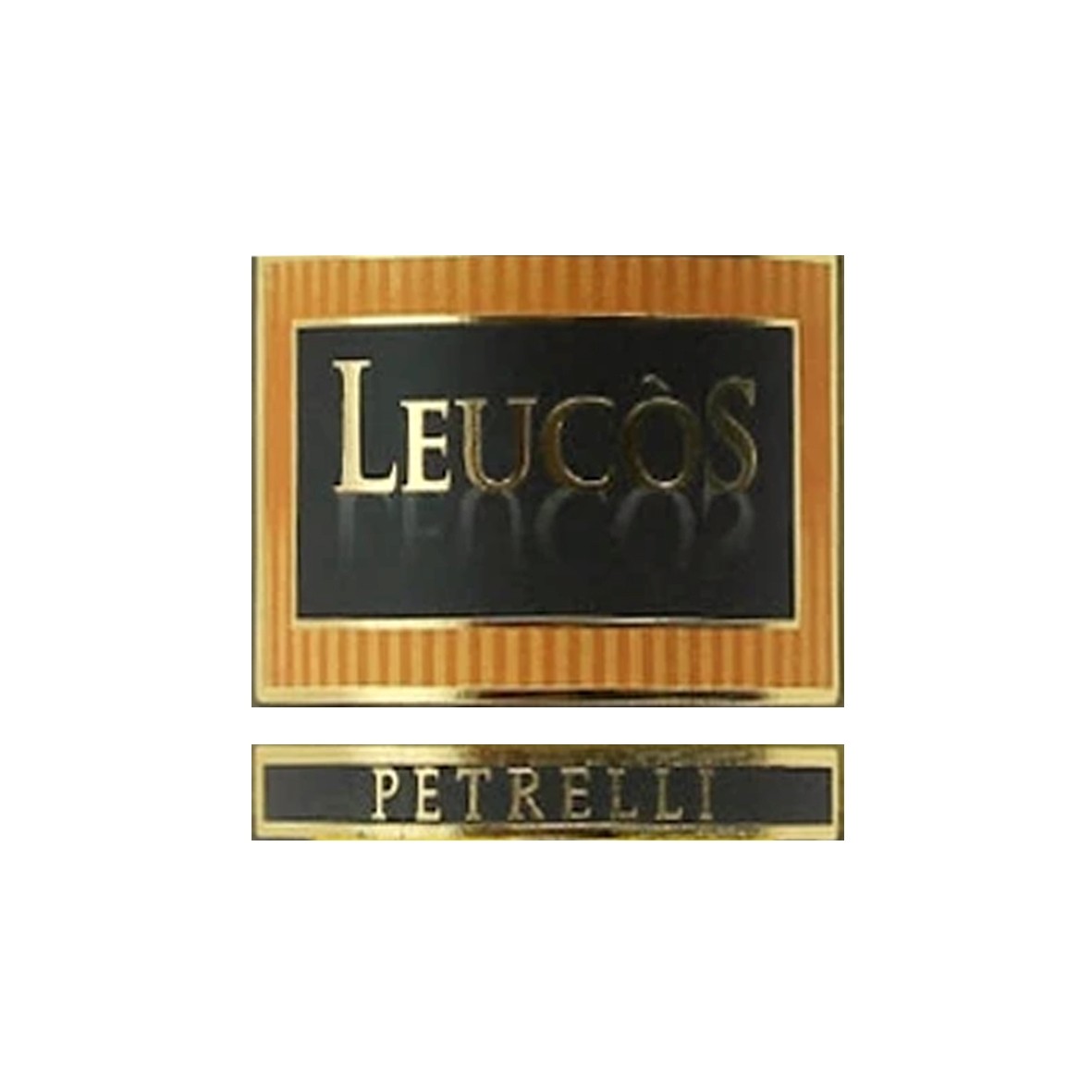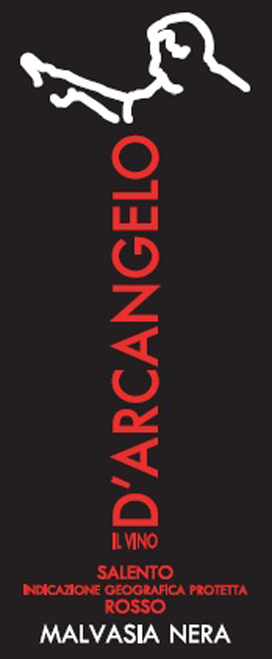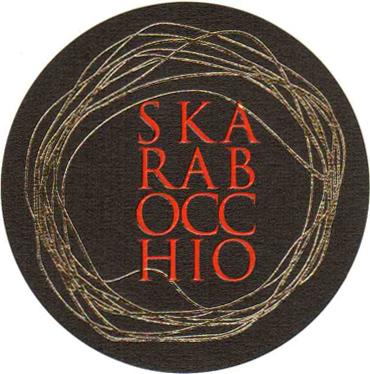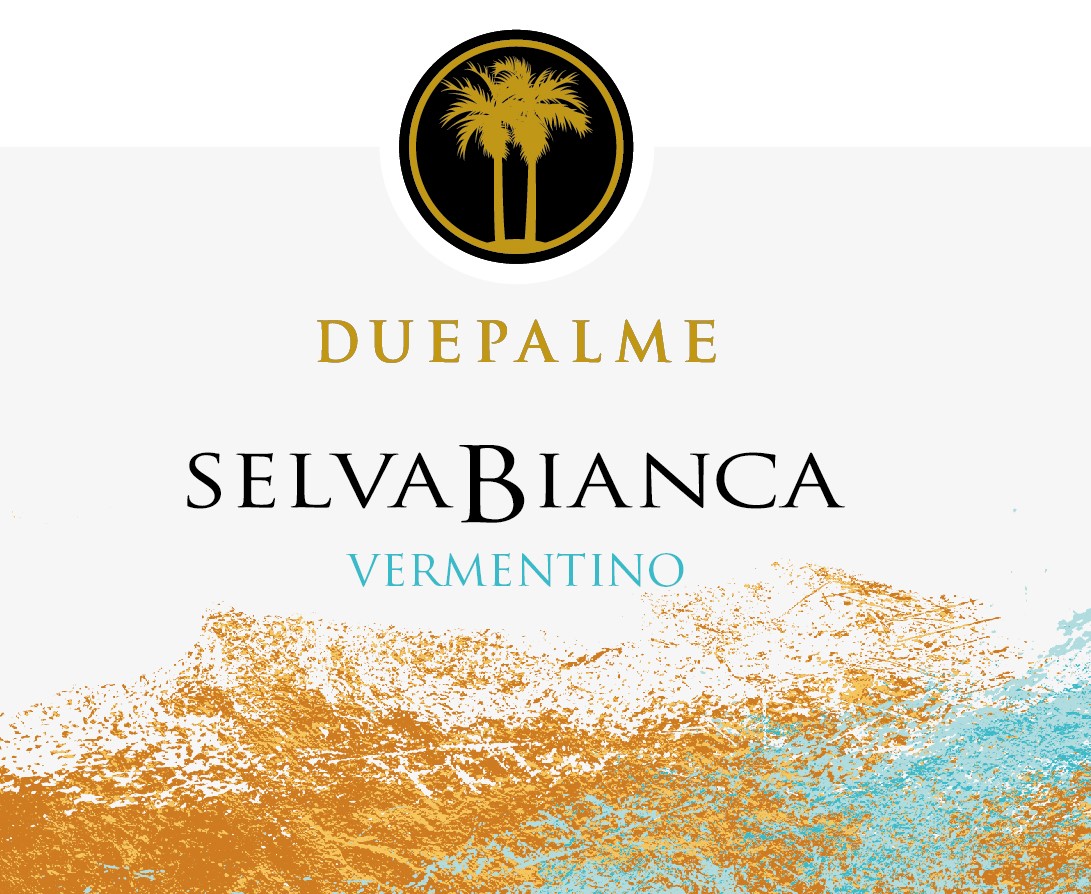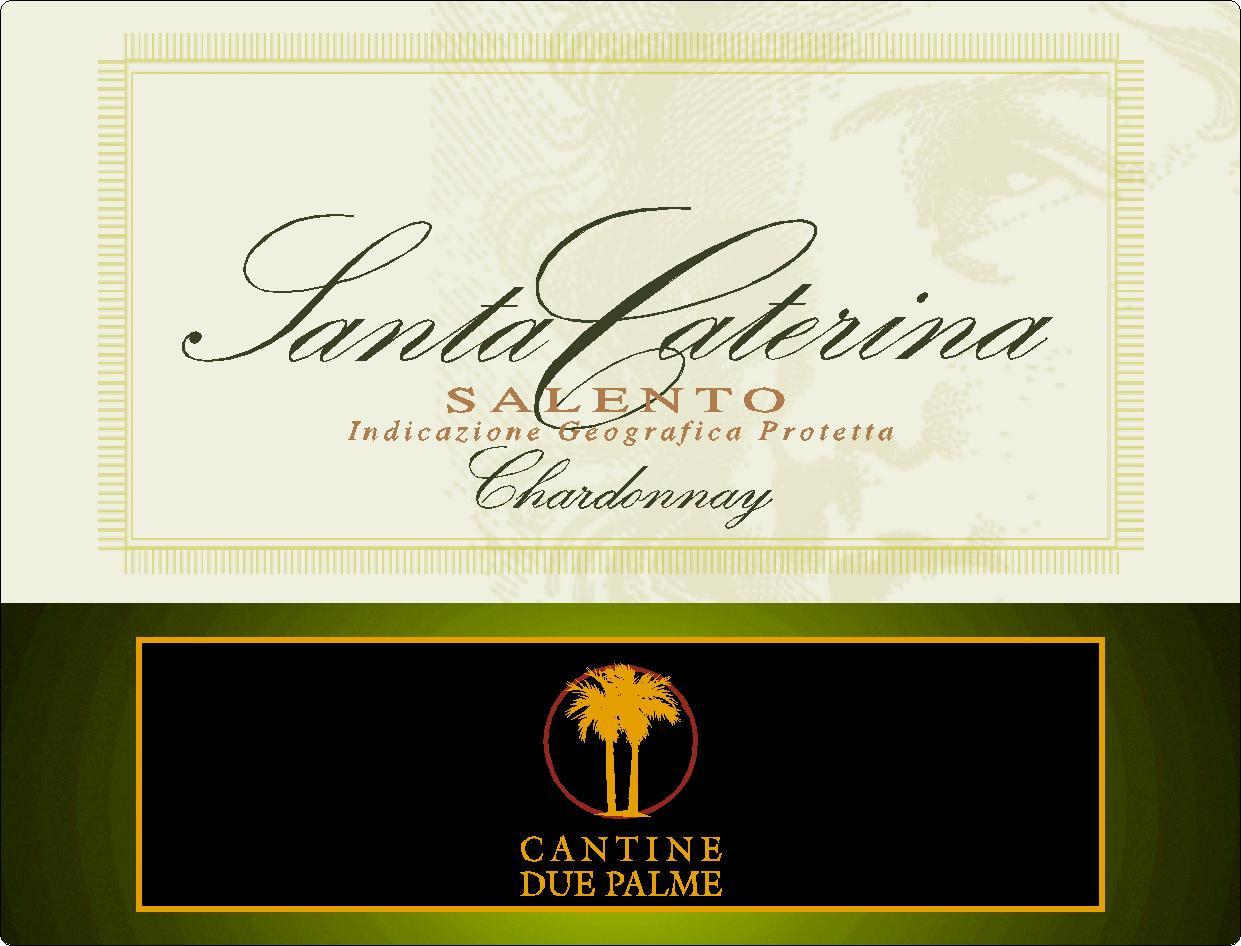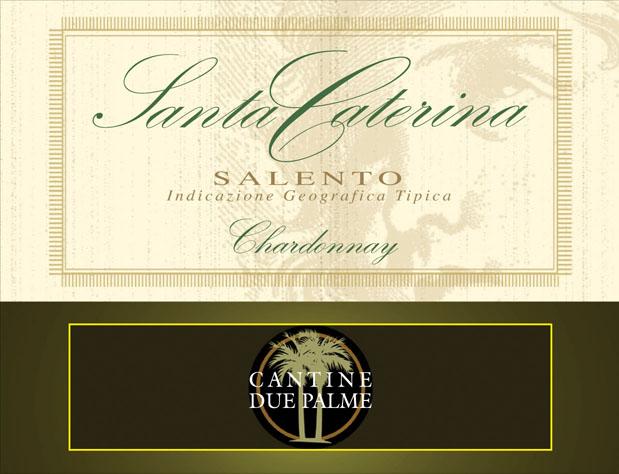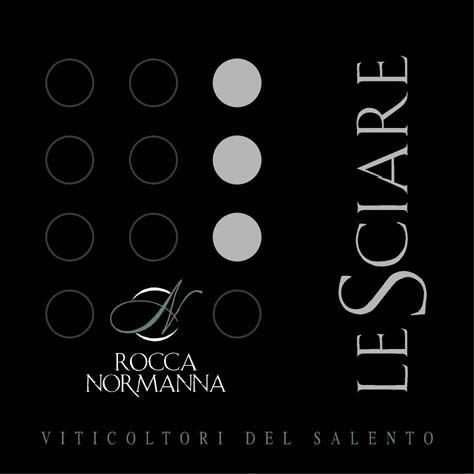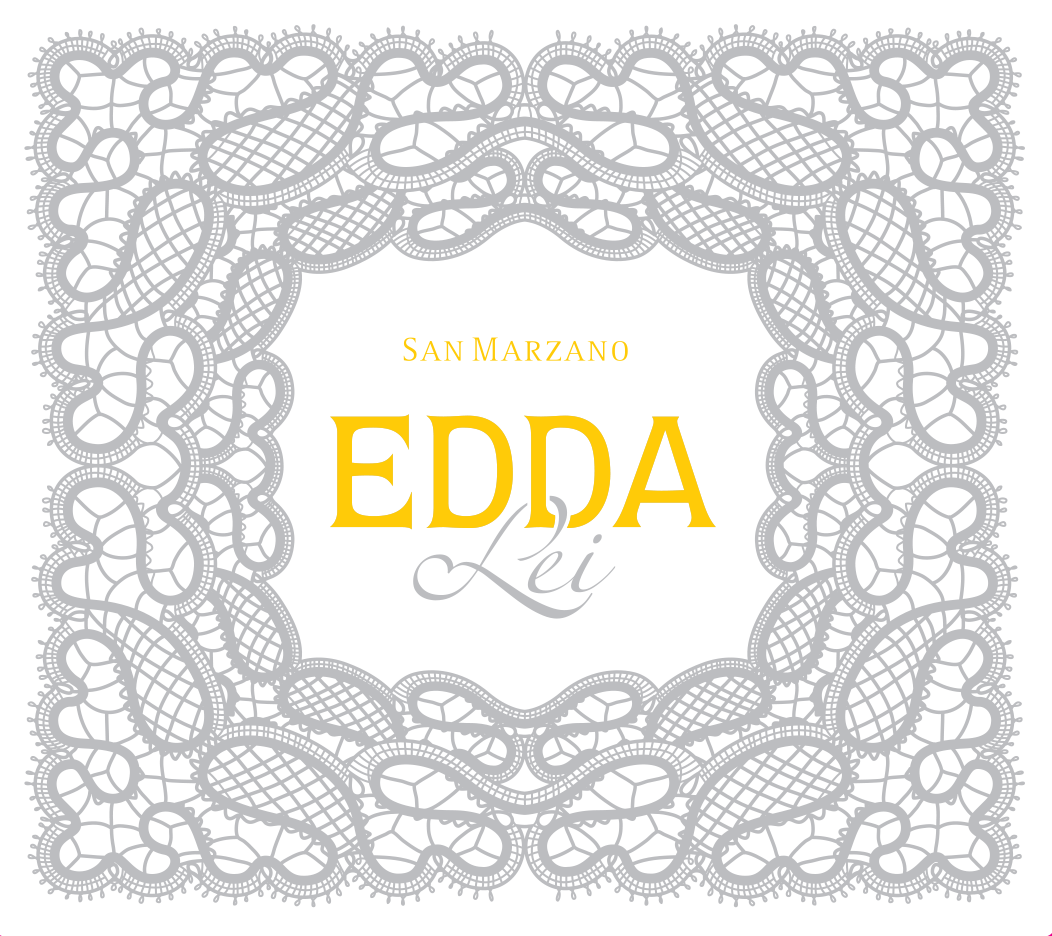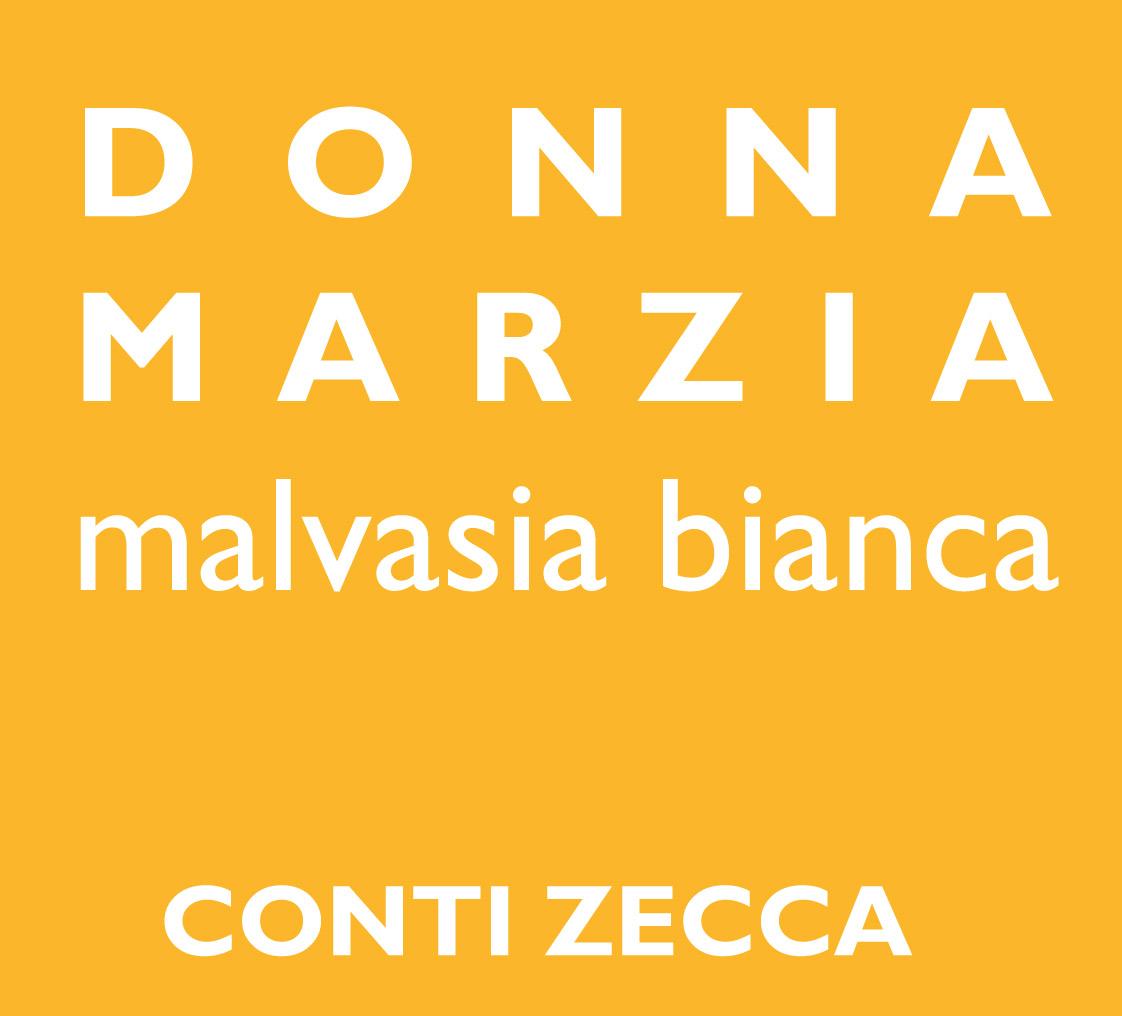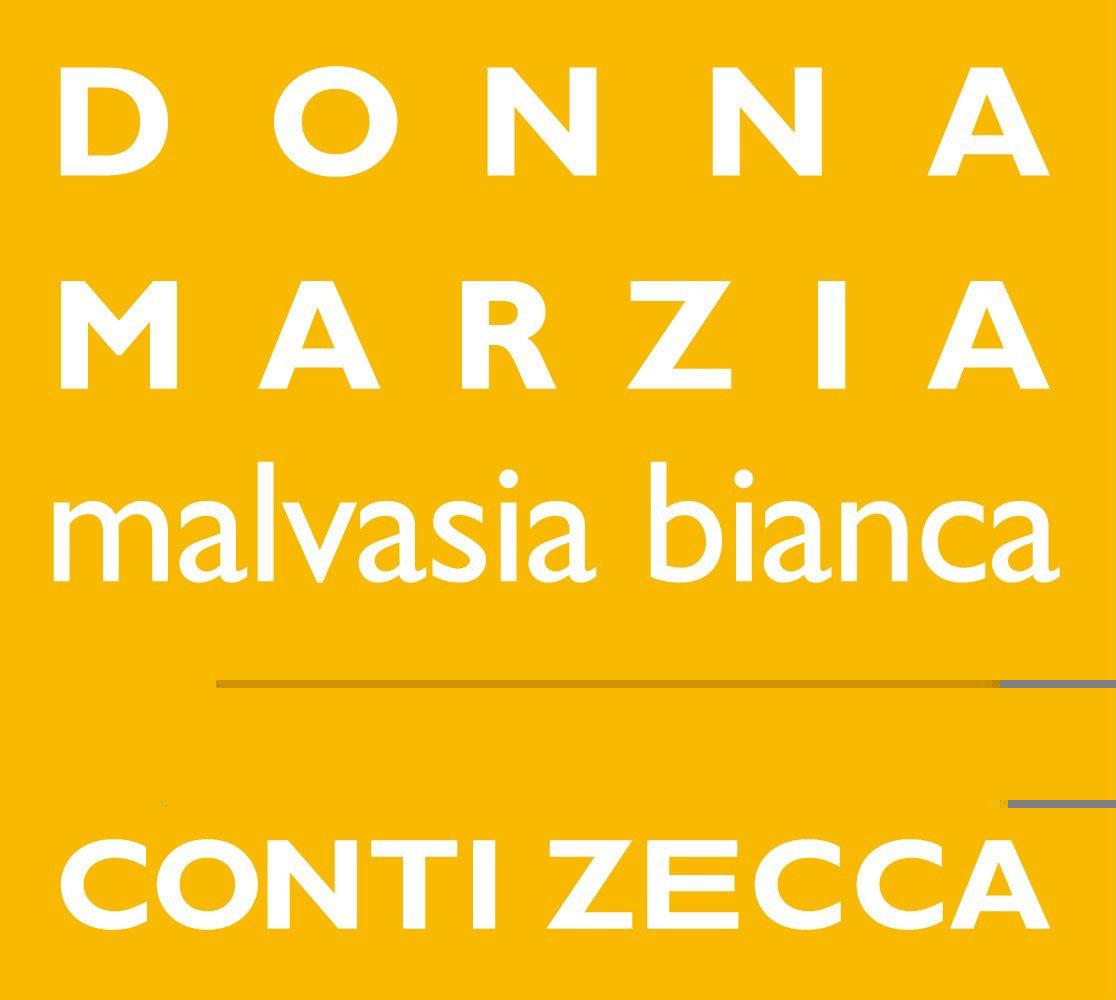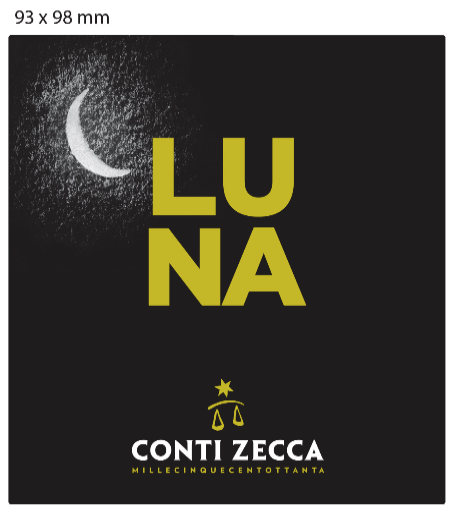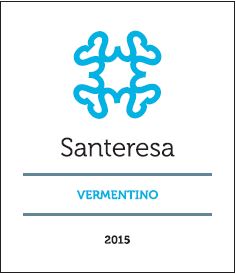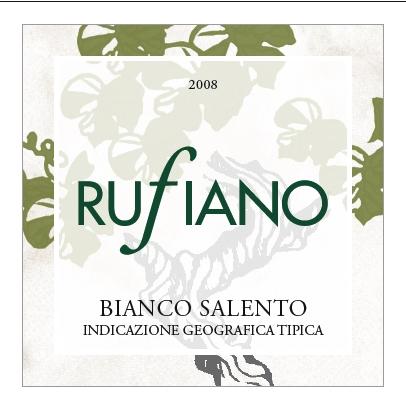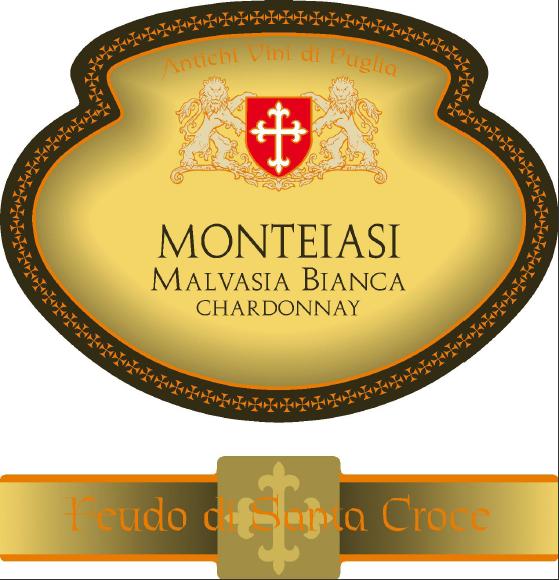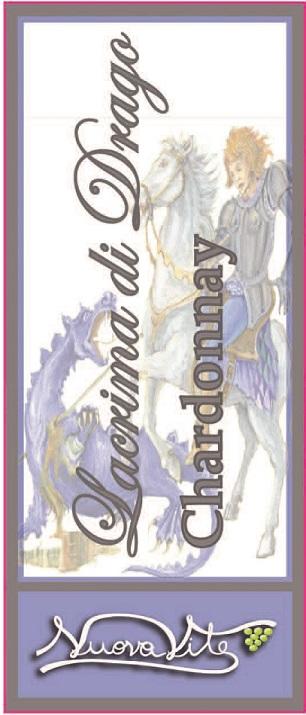Terroir of Salento
Salento's terroir is defined by its flat coastal landscapes and the influence of the Mediterranean climate, which blesses the region with hot, dry summers and mild winters. This climate, coupled with the area's low elevations, accelerates the ripening of grapes, leading to the rich, concentrated wines that Salento is known for.
The vineyards are planted on a mix of clay-limestone, gravelly loams, and sandy soils, which offer excellent drainage while retaining enough moisture to sustain vines during the arid summer months. The underlying limestone and terra rossa soils enrich the grapes with minerality and structure. The cooling breezes from the Adriatic and Ionian seas help moderate temperatures, ensuring the development of balanced acidity and complex flavors. With infrequent rainfall occurring mainly from late autumn to spring, the use of dry-farming techniques or controlled irrigation is common to maintain vine health and productivity.
Notable Wineries in Salento
Salento, in the heart of Italy's Apulia region, showcases a vibrant tapestry of winemaking, blending tradition with innovation. This enchanting land, kissed by the sun and caressed by sea breezes, is home to several notable wineries.
-
Cantine San Marzano: A leading cooperative in Manduria, famous for Primitivo and Negroamaro wines, with a strong global presence.
-
Conti Zecca: Situated in Leverano, this historic estate offers elegant reds and rosés with standout Salice Salentino selections.
-
Apollonio: Family-run since the 1800s, it crafts classic Salento blends and barrel-aged reds.
-
Tenute Rubino: A modern Brindisi winery, committed to local varieties like Susumaniello.
Visitors can enjoy tours and tastings, experiencing Salento's rich wine culture amidst picturesque masseria and modern cellars.
Sustainable Winemaking in Salento
Salento is at the forefront of sustainable winemaking, capitalizing on its warm, dry climate to embrace eco-friendly practices. Family-owned vineyards are increasingly turning to organic and biodynamic methods, reducing their reliance on synthetic materials. To combat the summer droughts, cover crops and green manures are used to maintain soil quality and moisture.
Water conservation is a priority, with many wineries implementing drip irrigation, monitoring soil moisture, and reusing water from cellar operations. The abundant sunshine supports the widespread use of solar panels and energy-efficient upgrades, significantly reducing emissions. Large cooperatives contribute by employing efficient machinery, minimizing waste, and seeking certification programs. Across Salento, producers are dedicated to safeguarding vineyard health and reducing their environmental impact, ensuring a sustainable future for this historic wine region.
Wine Tourism in Salento
Wine tourism in Salento offers a captivating blend of wine, culture, and cuisine. The Strade del Vino Salento routes traverse this sunlit region, linking diverse wineries and tasting rooms. Historic masserias welcome you to explore their ancient yet modern cellars, with tastings complemented by local flatbreads, pecorino, and traditional Puglian dishes.
Activities abound, from picturesque vineyard tours to lively wine festivals during the harvest season. The Cantine Aperte initiative in late spring invites visitors to explore numerous wineries. Agritourism thrives with estates offering accommodations, farm-to-table dining, and classes in local culinary arts.
Cultural experiences enhance wine visits, with excursions to Lecce's Baroque center and coastal towns like Gallipoli. Salento’s wine tourism beautifully intertwines the region's bold wines with its rich food heritage and spectacular landscapes, providing an authentic taste of Puglia.
